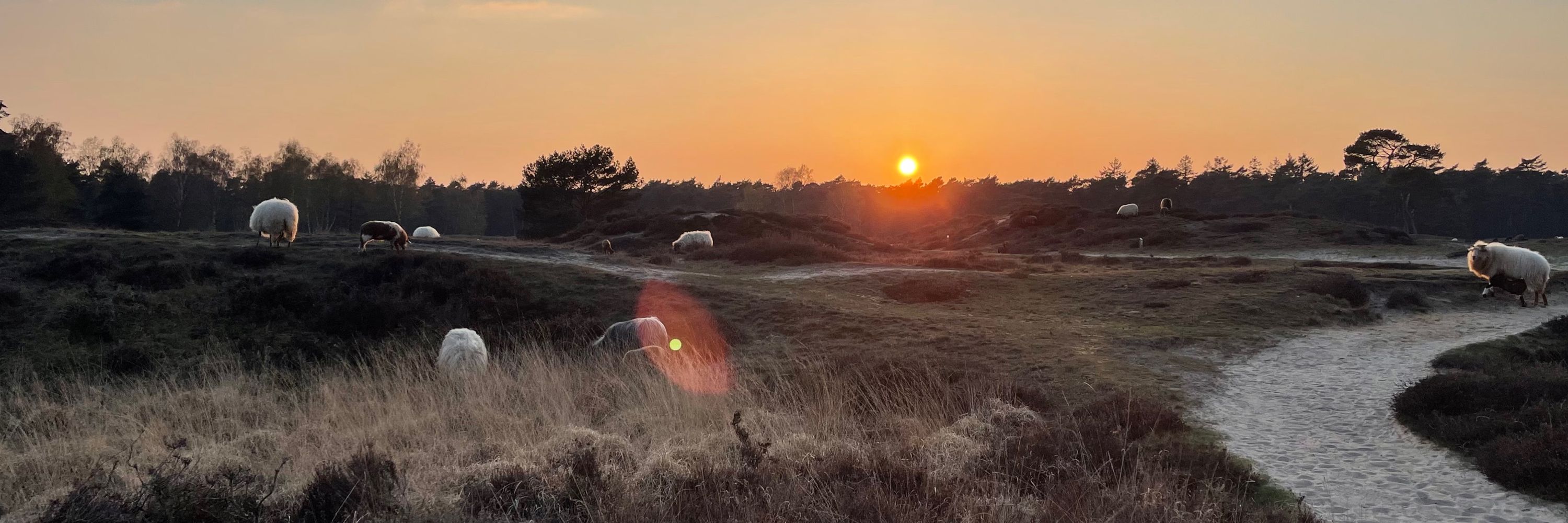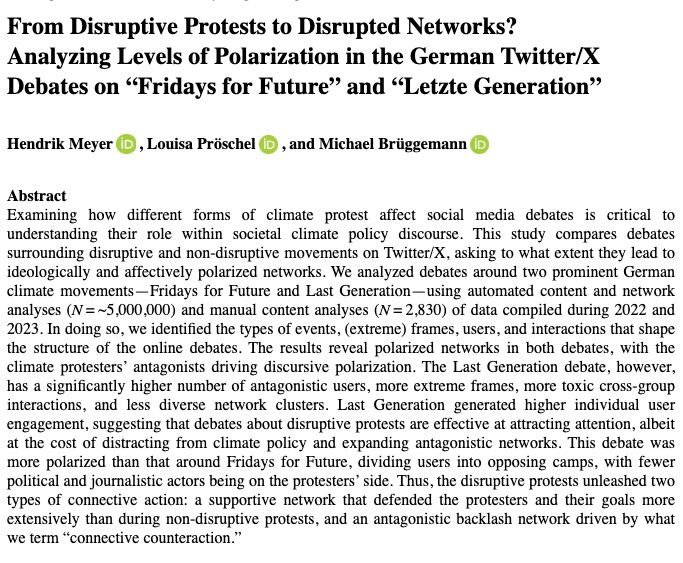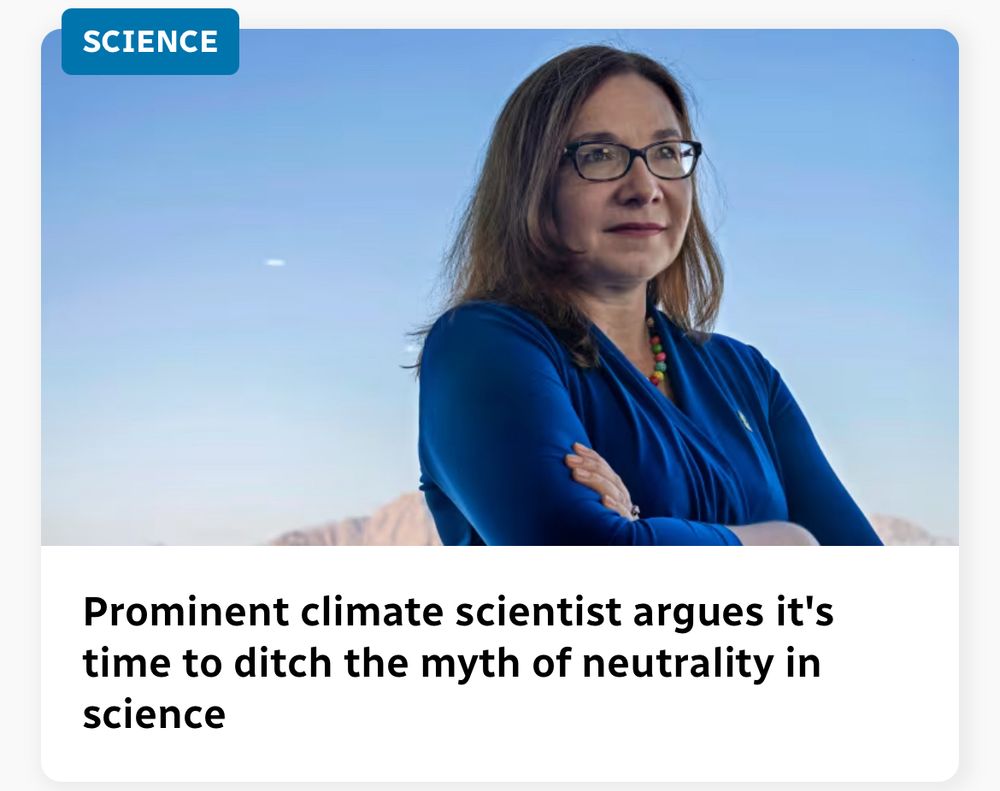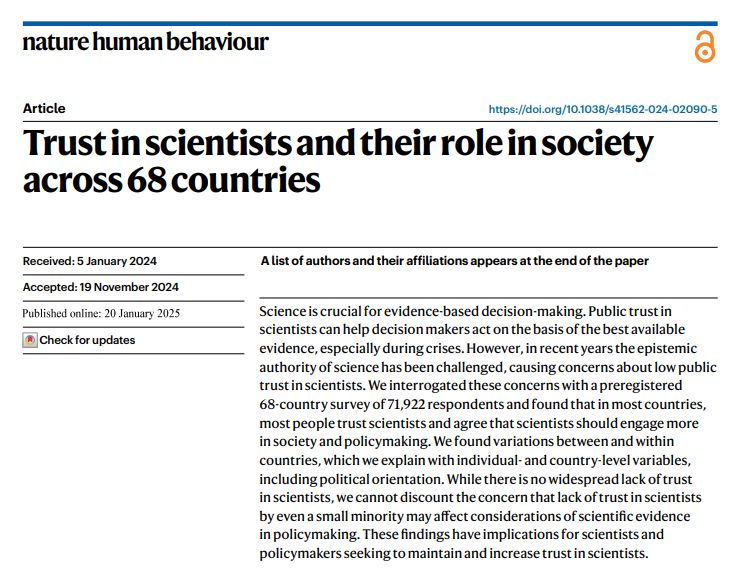Christel van Eck
@christelvaneck.bsky.social
2.4K followers
120 following
39 posts
Assistant Professor at ASCoR, University of Amsterdam | Climate change communication, science communication, and polarization | 🌄🏞🌌🌇
Posts
Media
Videos
Starter Packs
Reposted by Christel van Eck
Reposted by Christel van Eck
Reposted by Christel van Eck
Reposted by Christel van Eck
Denis Gilbert 🌎
@denis-gilbert.ca
· Jan 20

Prominent climate scientist argues it's time to ditch the 'myth of neutrality' | CBC Radio
Climate scientist Katharine Hayhoe talks to Bob McDonald about the polarization of science and why she thinks scientists should stop pretending to be neutral when it's our planet at risk.
www.cbc.ca
Reposted by Christel van Eck
Reposted by Christel van Eck










